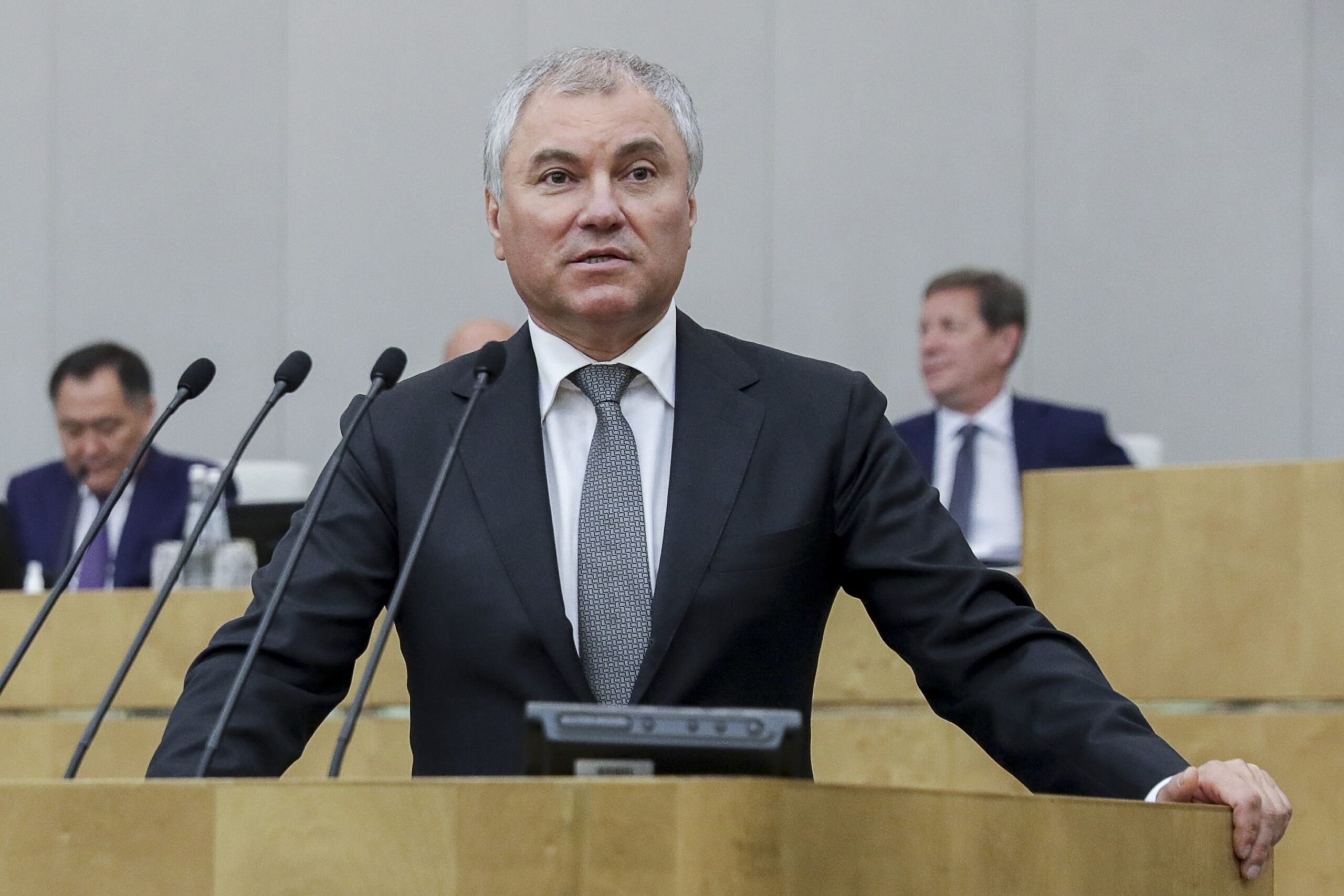The Russian Duma on Wednesday approved the creation of a national social and patriotic movement for children and youth in order to consolidate Russian society as Russia battles Ukraine and faces its biggest crisis with the West in decades.
“The law approved by the deputies of the Russian Duma in its third reading provides for the creation of a national social and patriotic movement of children and youth,” the Russian legislative body announced in a statement.
According to the Duma, this movement may be made up of minors studying at primary, secondary or higher levels, as well as “other persons established by the statutes of the organization”, whose name is yet to be defined and will be chosen by their future members.
“The movement will participate in education, career guidance, organization of recreation of the new generation, formation of views, preparation of young people for their full life in society,” the Russian Duma stated in marking the main objectives of the organization.
The participation of young people and children in this movement, which would be similar to youth organizations in the Soviet Union, will be voluntary, according to the deputies.
“We are expanding the possibilities of participation in the movement. (…) The regional councils for the development of the movement will be headed personally by the governors,” said Deputy Artyom Metelev, president of the Youth Policy Committee.
According to the deputy, the organization will propose to the Russian president, Vladimir Putin, to head the sponsoring committee of the movement.
The authors of the bill argued that this movement “will make it possible to create a unified policy for the education of children and young people in educational centers, systematize the work of all organizations, communities and children’s clubs, amplify their results, consolidate and intensify support to minors.”
The movement, which will be fully financed by the State, should allow “navigation throughout all the educational work currently carried out by various social organizations.”
Conforms to The Trust Project criteria
















